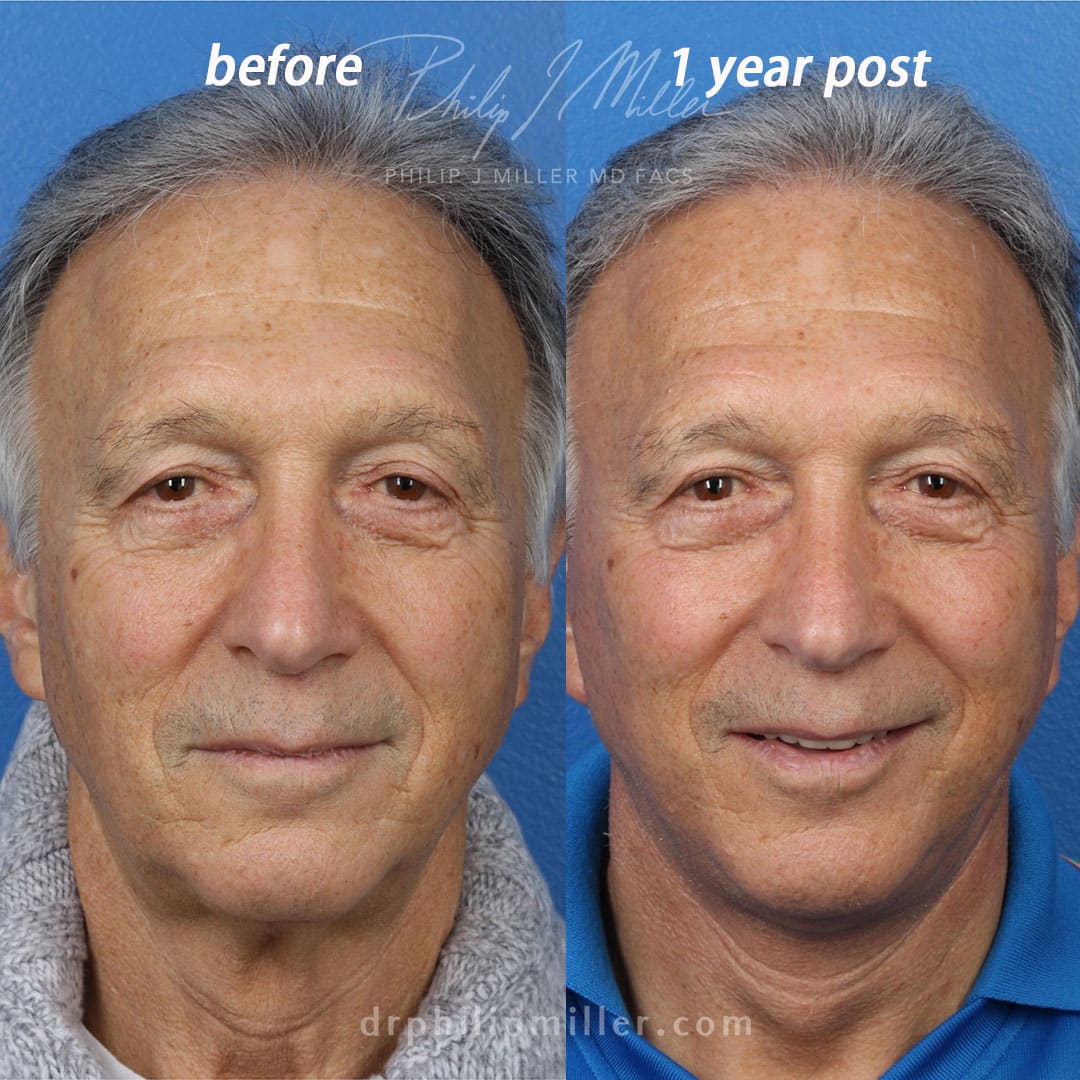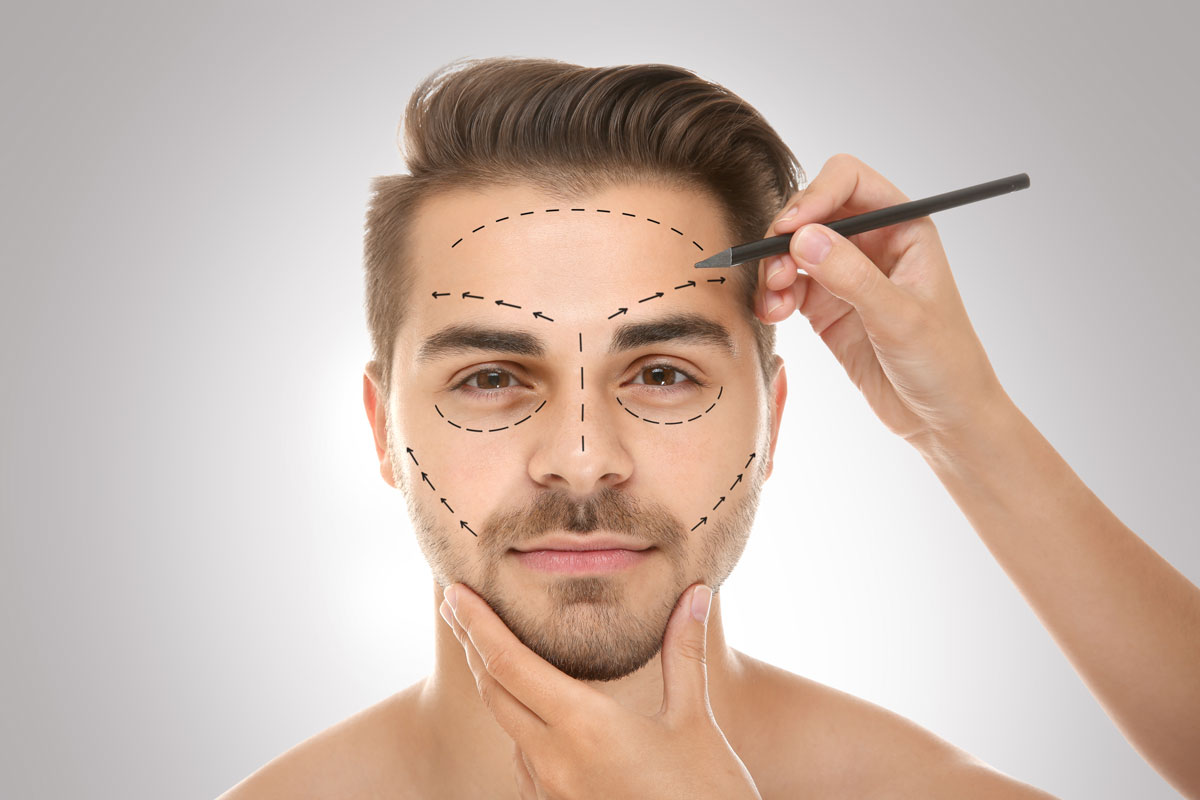Investigating the Psychological and Social Elements That Drive People to Think About Aesthetic Surgical Procedure as a Way of Enhancement
The choice to go after plastic surgery often extends past mere aesthetics, linking with social and psychological dynamics that merit comprehensive assessment. Elements such as self-confidence, pervasive social beauty standards, and the prevalent impact of social media assemble to shape individual inspirations for medical enhancement. As these influences end up being significantly famous, recognizing the underlying social and emotional contexts is essential. What stays to be discovered is the extensive impact these aspects have not only on personal identification but additionally on wider societal standards and values bordering beauty and acceptance.
The Duty of Self-Esteem
Self-esteem considerably influences an individual's decision to pursue cosmetic surgery. People with low self-esteem commonly regard themselves in a negative light, leading to sensations of inadequacy regarding their physical appearance.

Eventually, the function of self-confidence in the decision-making process relating to plastic surgery highlights the complex interplay between body photo, individual contentment, and mental health and wellness. Recognizing this partnership is vital for medical care experts to make sure that patients are making informed choices rooted in sensible assumptions and psychological wellness.
Societal Appeal Specifications
Influenced by pervasive media representations and cultural stories, social appeal requirements play an essential role in forming individuals' perceptions of their very own bodies. These requirements are commonly characterized by an idyllic kind of appeal that emphasizes traits such as slimness, youthfulness, and proportion. As these perfects are bolstered with different channels, consisting of marketing, movie, and tv, people regularly internalize these messages, leading to dissatisfaction with their natural look.
The effects of these social standards expand past visual choices; they can influence self-worth, mental health and wellness, and interpersonal relationships. Individuals that regard themselves as dropping brief of these criteria might experience sensations of inadequacy, triggering a desire for plastic surgery as a way of attaining societal authorization. This pursuit is typically sustained by the belief that adapting these ideals will improve not only physical look but also social standing and personal fulfillment.

Influence of Social Media Site
The impact of societal beauty requirements is more enhanced by the rise of social media sites systems, where curated photos and idyllic representations of elegance are common. Individuals are continuously subjected to filtered and edited photographs, which usually portray unattainable physical qualities. This direct exposure grows a culture of contrast, leading individuals to assess their own look versus these commonly unrealistic standards.
Social network influencers and celebrities frequently advertise aesthetic procedures, stabilizing the notion that surgical enhancements are a practical methods for attaining societal suitables (plastic surgery rancho cucamonga). The visibility of these enhancements can develop a perception that going through cosmetic surgery is a common practice, thereby affecting people to think about comparable treatments as a path to enhanced self-confidence and social approval
Additionally, the interactive nature of social media permits instant feedback through sort and comments, additionally reinforcing the wish to adapt prominent appeal requirements. Such communications can exacerbate feelings of insufficiency and drive people towards plastic surgery as a means of gaining recognition. Inevitably, social networks plays an essential duty fit assumptions of beauty, which dramatically affects the decision-making procedures bordering cosmetic surgery.

Cultural Viewpoints on Look
Across numerous societies, understandings of appearance are deeply rooted in historic, social, and financial contexts, forming individuals' views on charm and value. In many cultures, look serves as a substantial marker of identification, affecting social condition, professional chances, and personal partnerships. As an example, in some cultures, light skin is typically connected with riches and privilege, while others might idealize darker complexion click reference as signs of strength and credibility.
Moreover, conventional appeal requirements are frequently continued through cultural stories, media representations, and family affects, resulting in varying suitables throughout different regions (plastic surgery rancho cucamonga). In Western cultures, the focus on youth and physical conditioning often drives people toward cosmetic improvement, while in particular Eastern societies, even more subtle adjustments lined up with conventional appearances may be liked
Globalization and the proliferation of digital media have additionally made complex these characteristics, creating a hybridization of charm suitables that transcends geographical limits. As individuals progressively browse these social narratives, the pressure to adapt particular look criteria can lead to the wish for plastic surgery, showing a complex interplay of individual ambitions and cultural worths. Recognizing these cultural viewpoints is essential in attending to the inspirations behind over at this website cosmetic surgery factors to consider.
Mental Effects of Aesthetic Surgery
Many people looking for cosmetic surgical procedure record experiencing profound psychological effects that can dramatically modify their self-perception and emotional wellness - plastic surgery rancho cucamonga. The need for physical improvement commonly stems from underlying issues such as reduced self-worth, body dysmorphic problem, or societal pressures relating to elegance criteria. For some, the instant post-operative phase can result in a short-lived boost in self-confidence and satisfaction with their appearance, fostering a feeling of empowerment
Nevertheless, these favorable feelings might not be enduring. Research study shows that while some individuals experience improved self-esteem, others may deal with heightened anxiousness or depression if their expectations are not fulfilled. This inconsistency can emerge from impractical ideals continued by media representation and cultural stories bordering appeal.
In addition, the psychological ramifications of cosmetic surgery prolong past the person. Relationships with family and buddies may be stressed as social dynamics shift, causing feelings of isolation or alienation. Eventually, the emotional impacts of plastic surgery are complex and intricate, requiring mindful factor to consider by both potential individuals and doctor to make certain informed decision-making and realistic assumptions.
Conclusion
In verdict, the decision to seek plastic surgery is substantially influenced by a mix of self-confidence problems, social elegance standards, and social viewpoints on appearance. The read pervasive reach of social networks even more aggravates these stress, promoting impractical suitables that people usually aim to achieve. Understanding these social and mental variables is necessary for dealing with the motivations behind plastic surgery, highlighting the need for a much more nuanced discussion surrounding beauty and self-acceptance in contemporary society.
The choice to go after cosmetic surgical treatment usually prolongs beyond simple visual appeals, intertwining with mental and social characteristics that warrant comprehensive assessment. Eventually, social media plays a pivotal function in shaping perceptions of charm, which considerably affects the decision-making procedures bordering cosmetic surgery.
As people progressively navigate these cultural stories, the stress to adapt to details appearance requirements can lead to the desire for cosmetic surgical treatment, showing an intricate interaction of personal desires and cultural values.In conclusion, the choice to pursue cosmetic surgical treatment is substantially affected by a combination of self-esteem issues, social elegance requirements, and social viewpoints on appearance. Comprehending these social and psychological aspects is important for resolving the inspirations behind cosmetic surgical procedure, highlighting the need for a much more nuanced discussion bordering appeal and self-acceptance in contemporary culture.